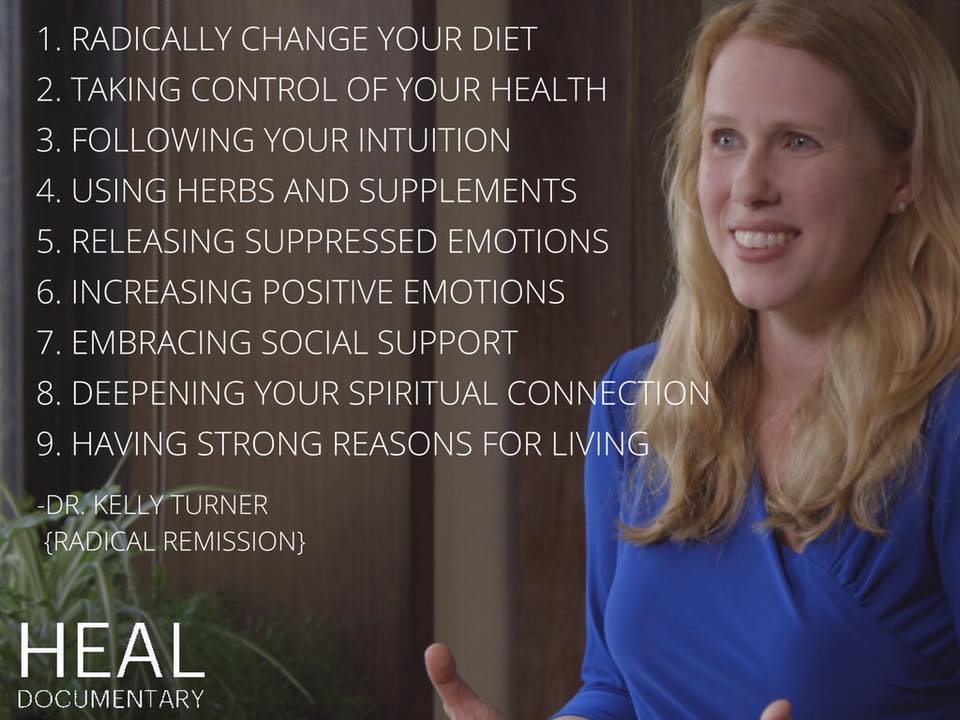- Some people intellectually understand the value of good food and exercise but they have a hard time incorporating these into their lives. Sometimes, they don't even get started. Why? Because some past trauma is blocking them from taking care of themselves.
- Some people have skillfully incorporated lifestyle changes (good food & exercise) into their lives, but they are still not experiencing the results that others typically get with commensurate effort! In such cases, we may have to look into emotional well being. For example, emotions like stress, anxiety, fear, anger, grief — all of these produce chemicals that counteract the effects of good food and exercise.
Below are observations by doctors & researchers into food, emotions & healing:
Dr Brooke Goldner is a physician & psychiatrist who helps patients with autoimmune conditions heal themselves via food changes, exercise and attention to emotional health.
An insightful video that explains the role of trauma, grief and negative emotions and autoimmune conditions.
Visit offset 4:29 of the video for a psychological insight by Dr B.
Many times, the underlying reason for poor eating habits is psychological. See this article in Huffington Post: ACE Study (Adverse Childhood Experiences), for example. Below is a quote from the article Why Obesity Is Often a Symptom of a Deeper Pain by Dr Mondo:
Do emotions trigger and influence the course of gastrointestinal conditions like IBS (Irritable Bowel Syndrome)? Are there mind-body techniques for emotion regulation, targeted at treating specific gastrointestinal conditions? Yes! See Is IBS (Irritable Bowel Syndrome) Psychosomatic? and IBS Lecture by Dr Angie Sadeghi to see how the gut-brain axis and our enteric nervous system influences IBS.
Kelly Turner interviewed cancer survivors worldwide to identify 9 factors that were common to their endeavors. These 9 factors are:
For more information, see Kelly Turner: Radical Remission.
Books: Books by Dr Lissa Rankin at Amazon.
A nice talk that emphasizes the mental factors that help us heal ourselves. At the beginning, she mentions that in Marin County, she met several patients who had already incorporated many factors for healthy living: veganism, hardly any processed foods, regular exercise, 8 hours of sleep, and so on. Yet these people were sick. Dr Rankin was intrigued and she started digging deeper into emotional, psychological and spiritual factors that help us stay healthy and heal from sicknesses.

 Instagram
Instagram YouTube
YouTube